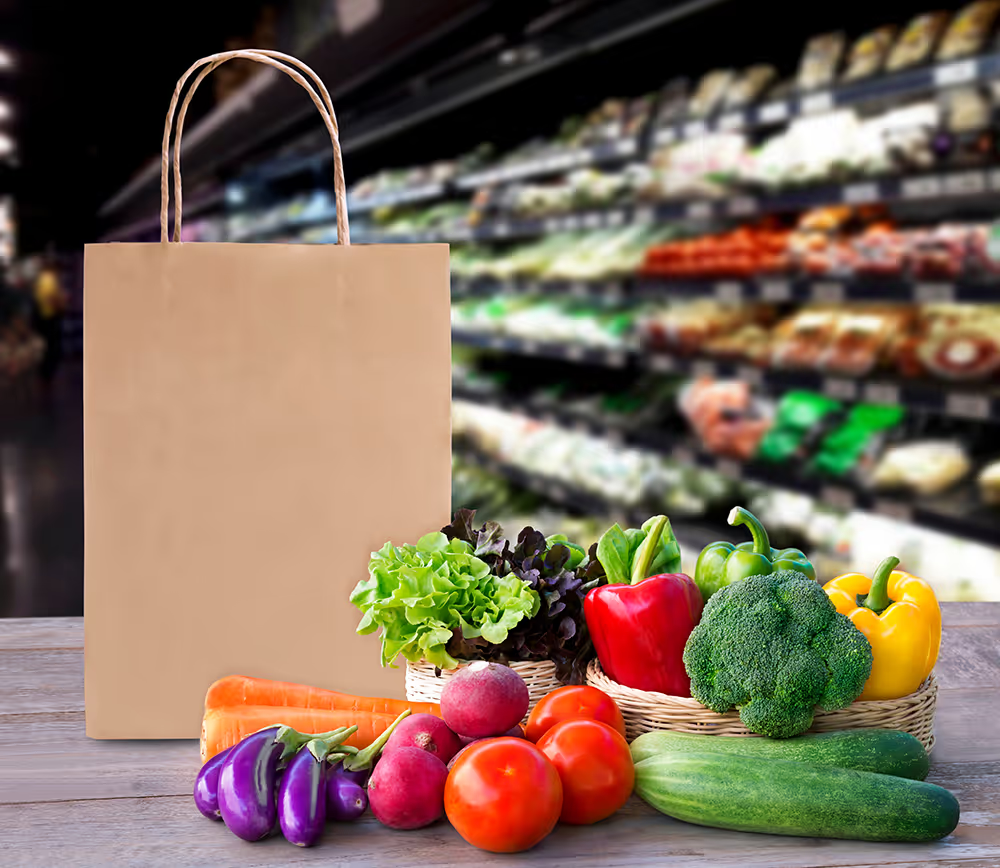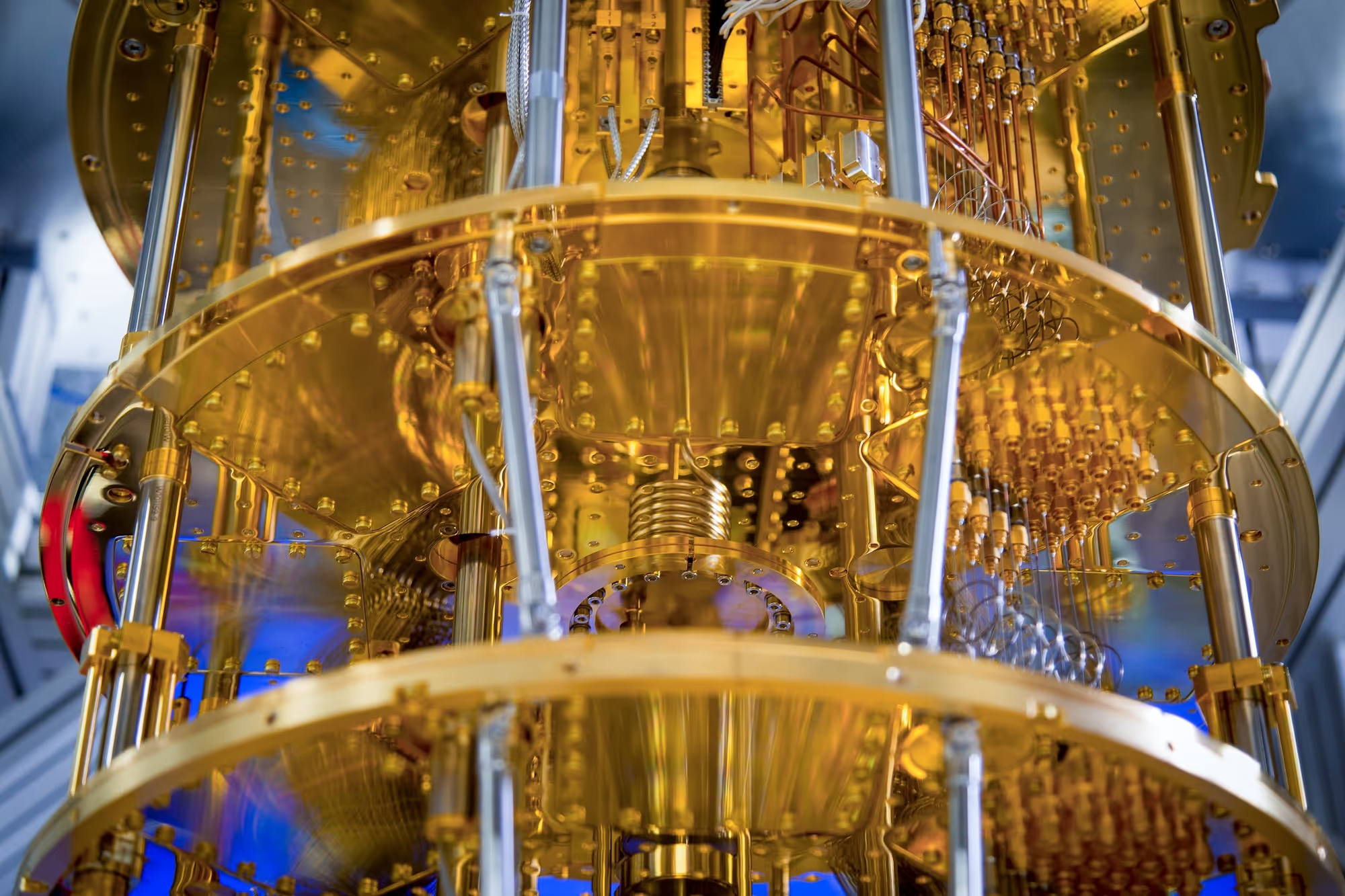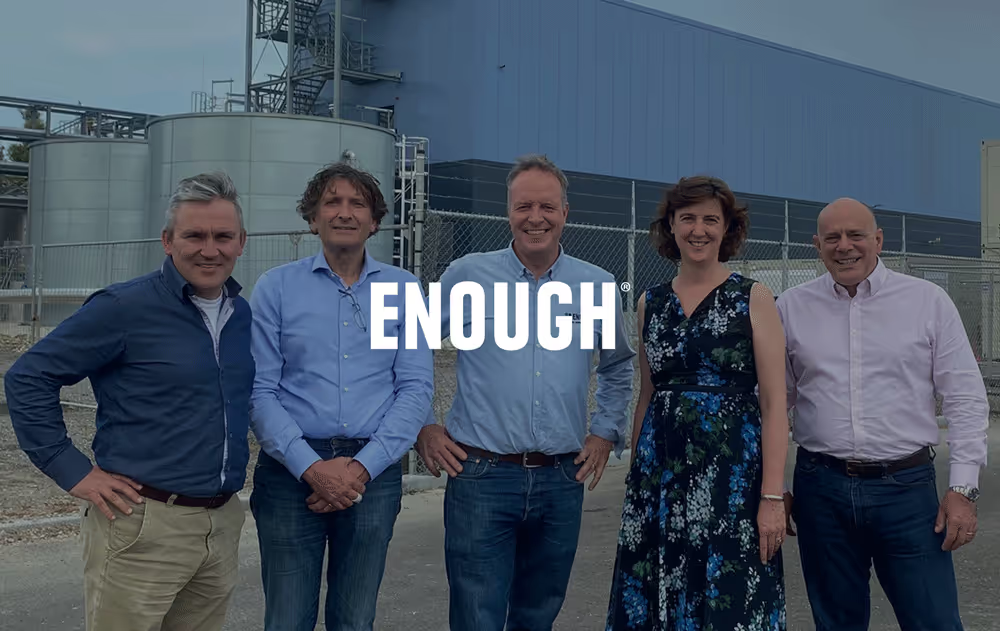FRESHFLOW

AI-powered grocery ordering platform Freshflow raises €1.7m to save retailers time, money and stock
German startup uses innovative AI technology to optimise the level of fresh food stocks in grocery retailers
- $50B of fresh food is thrown away by grocery retailers in Europe every year - harmful for both profit margins and the environment
- Freshflow attempts to change all that by using AI to automate and revolutionise the fresh produce replenishment process and allow retailers to place the perfect order for every product, every time, across every season and major retail event
- Customers, including one of Germany’s largest grocery retailers, have seen on average food waste down by 30% and revenues increase by 16.7% at their stores
- Freshflow’s unique onboarding process saves customers valuable time and money while also offering a success guarantee
Berlin, 21 March: Freshflow - the AI-powered platform that supercharges grocery retailers and gives them the means to tackle stockouts and food waste - has raised €1.7m in a seed funding round led by German venture fund Capnamic and Europe’s largest dedicated climate tech VC, World Fund. Alongside these, notable strategic angel investors include Alexander Mrozek CEO at Dr. Oetker Digital and Jens Fiege and Felix Fiege, CEOs at FIEGE Logistics. Freshflow - whose product is already being used in several locations of one of Germany’s largest grocery retailers, as well as a quick 15-minute grocery delivery company in Eastern Europe - will use the funding to expand its workforce and grow its unique fresh produce offering to 100 stores across Europe.
Freshflow was founded by Avik Mukhija, a Machine Learning scientist and serial founder, who developed and sold AI solutions to grocery retailers and Carmine Paolino, a Machine Learning Scientist who started programming at the age of 5 and even collaborated with The World Bank on anti-corruption. The duo met at Entrepreneur First and decided to combine their AI backgrounds with the need to solve the supermarket fresh food waste problem.
The grocery retail sector is responsible for some 5% of the total amount of food thrown away annually, equating to more than 4.5 million tonnes. This is primarily because deciding how much to stock is exceptionally challenging. Order too little and face the prospect of losing sales, but order too much and they run the risk of having waste and killing profit margins. This is further compounded by the fact that though many supermarkets have automatic reorder systems for non perishable products, they were often using rudimentary pen and paper methods when dealing with the replenishment of fresh produce. All this leads to over-ordering, something that contributes to $50B of fresh food being thrown away by grocery retailers in Europe each year.
A leaner inventory and stronger bottom-line
What sets Freshflow apart is that it was designed from the ground up to solve supermarkets’ fresh produce challenges. The AI platform uses data from individual grocery stores to compute a forecast which considers dozens of factors for each store at a granular level of detail. Among many other factors, it takes into account the weather, local events, quality variations and seasonality. Alongside providing a forecast, it has the capability to tackle the very unique challenges of fresh produce. These include being able to deal with varying shelf lives, issues around weighing products and inaccurate inventory counts due to human error. This state-of-the-art AI engine allows workers to optimise their store for full shelves, more revenue and less shrink (the food retail term for waste) all through an intuitive and easy-to-use app.
The result is a platform that saves retailer’s money, inventory and time. When it comes to the inventory, smarter ordering means Freshflow enables customers to keep a much tighter stock level and also facilitates a just-in-time supply chain and can adapt to unexpected events such as delivery bottlenecks, varying shelf lives, quality variations, seasonality and fluctuating demand.
Across the stores currently using Freshflow, shrink is reduced on average by 30% which is not only better for the planet but for a retailer’s bottom line as well. On top of this, by reducing stockouts, the results when it comes to revenue have been remarkable, with Freshflow stores on average seeing an increase of 16.7%.
Freshflow also allows for a better shopping experience for customers using the grocery store itself. Until now, the team inside the store would manually decide on the order quantities by going through the items one by one in a process that could take up to two hours each day. With Freshflow that is now almost completely automated with ordering and processing done through an app which everyone in the store can use. That means those two hours saved can be spent on providing a better in-store experience for shoppers.
Digital transformation faster and cheaper
While others in the fresh food replenishment space can take months to onboard new customers as they require a full overhaul of grocery store’s existing systems, Freshflow’s efficient onboarding process enables new customers to join and begin seeing results within a month. This is possible because Freshflow can plug into a customer’s existing IT infrastructure and then provide real-time data updates to enable a much more seamless transition for new customers and lower levels of resources during the onboarding process.
Looking ahead, Freshflow is investing in greater machine learning technology to stay at the cutting edge, including hiring Reinforcement Learning scientists to train their platform, employing the technology that has the potential to solve such complex problems as self-driving cars. The intention is that rather than using only past data as a guide for future events, the platform will be able to predict and suggest orders in real-time based on how demand and customers react to the changes. The team believes that this will lead to greater revenue increases for retailers as the platform learns more about the shopping habits of consumers in specific stores and suggests tailored ordering approaches.
Alongside this, once they have proven their product works across all grocery stores eventually Freshflow hopes their platform can be scaled up and used to power the whole fresh food supply chain from farm to grocery retail. Their goal is to completely automate that process and reduce global food waste by 50%.
Freshflow co-founder Avik Mukhija said: “For most grocers, it’s incredibly challenging to make the right decision on order quantities for fresh produce, especially when relying on gut feeling, past experience and tedious pen-and-paper methods. Freshflow takes the guesswork out of the equation by making the ideal order on autopilot, giving retailers back the gift of time, money and crucially, supplies. Our customers have jumped at the chance to use hard data instead to solve this challenge. We’re delighted that Capnamic and World Fund have joined us on this journey to build the food supply chain technology of the future and tackle food waste.”
Dorothea Gotthardt, Investment Manager at Capnamic Ventures said: “At Capnamic we were immediately impressed by the scale of ambition when it comes to Avik, Carmine and the team at Freshflow. Tackling the issue of food waste at the same time as boosting a retailer’s bottom-line is an eye-catching proposition and given the results so far, one they are clearly delivering on. The sooner they can expand across the continent the better it will be for retailers and consumers. I can’t wait to see where Freshflow goes in the next 12 months.”
World Fund Managing Partner Danijel Visevic said: “Almost 40% of all food produced globally is wasted and this is causing six times the carbon impact as the entire aviation industry worldwide. That’s what makes Freshflow’s goals so admirable and was such a key reason that we at World Fund wanted to support them. Avik and Carmine have developed a very exciting state-of-the-art AI engine which is already seeing remarkable results and I have no doubt that the future is very bright for Freshflow.”
ENDS
About Freshflow:
Freshflow tackles the difficulties of forecasting and replenishment for fresh products in grocery retailers by using artificial intelligence. The platform’s state-of-the-art engine plugs into a retailer’s existing IT system, allowing a lightning fast on-boarding process that will see new customers save money,stock and boost revenue within a month. Customers including Germany’s largest supermarket retailer have seen on average food waste down by 30% and revenues increase by 16.7% at their stores. Following this success, Freshflow hopes to scale up their offering and ultimately expand across the whole food supply chain, reducing global food waste by 50%.
About World Fund
World Fund is the leading Europe-focused climate venture capital fund established by Daria Saharova, Danijel Višević, Craig Douglas, and Tim Schumacher. From energy, food, agriculture, and land use, to building materials, manufacturing and transport, World Fund is investing in European tech with significant climate performance potential (CPP). The investment team comprises engineers, physicists, chemists, biologists, early and growth stage investors. World Fund is backing those entrepreneurs who are building tech for a regenerative world.
As featured in: TechCrunch, Lebensmittelzeitung, deutsche-startups.de

.avif)
PropTech aedifion raises €12 million Series A to substantially cut energy usage across the built environment

IQM raises over $300m in Series B funding round to accelerate growth and improve reliability.

Leading large-scale mycoprotein producer ENOUGH raises €40 million growth funding co-led by World Fund and CPT to scale up production

.svg)
.svg)




.svg)